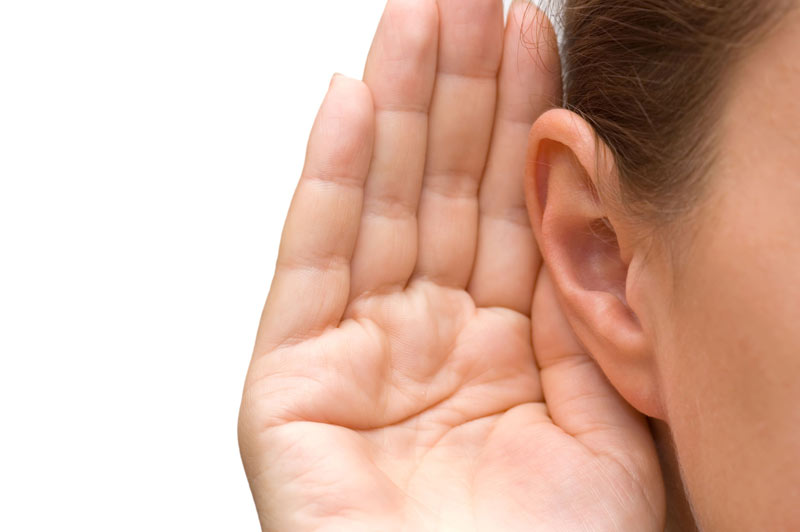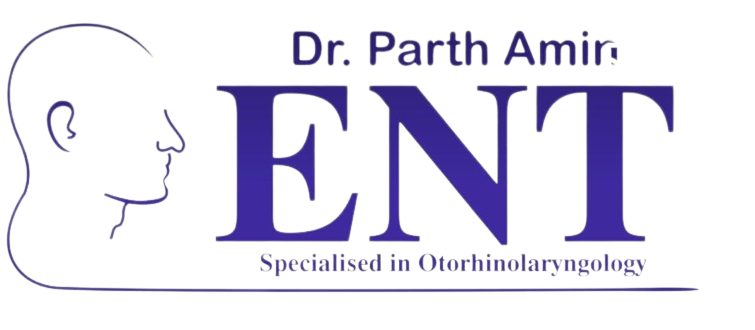Ear (Otology)


Otology is the medical specialty focused on the diagnosis and treatment of disorders related to the ear, including hearing and balance. Here are some details about ear conditions and their treatments:
Hearing Loss:
- Types: Hearing loss can be conductive (related to problems in the outer or middle ear), sensorineural (related to problems in the inner ear or auditory nerve), or mixed (involving both conductive and sensorineural components).
- Causes: Causes of hearing loss include aging (presbycusis), noise exposure, genetic factors, infections, ototoxic medications, head trauma, and structural abnormalities.
- Treatments: Treatment options may include hearing aids, cochlear implants (for severe to profound sensorineural hearing loss), surgical correction of conductive hearing loss (such as tympanoplasty or stapedectomy), and auditory rehabilitation.
Ear Infections (Otitis Media):
- Types: Otitis media can be acute (short-term infection) or chronic (persistent or recurrent infection).
- Causes: Ear infections often occur due to bacterial or viral infections, particularly in children with Eustachian tube dysfunction.
- Symptoms: Symptoms may include ear pain, ear drainage, fever, hearing loss, and irritability (in infants and young children).
- Treatments: Treatment options for otitis media may include antibiotics (for bacterial infections), pain relievers, ear drops, and in some cases, surgical procedures (such as tympanostomy tubes to drain fluid from the middle ear).
Tinnitus:
- Definition: Tinnitus is the perception of noise or ringing in the ears without an external source. It can be intermittent or constant and may vary in intensity.
- Causes: Tinnitus can be associated with hearing loss, noise exposure, certain medical conditions (such as Meniere’s disease or temporomandibular joint disorders), medications, and stress.
- Treatments: Treatment options for tinnitus may include addressing underlying medical conditions, hearing aids (to improve underlying hearing loss), sound therapy, counseling, and relaxation techniques.
Vertigo and Balance Disorders:
- Types: Vertigo is a sensation of spinning or dizziness, often accompanied by nausea, vomiting, and imbalance. Balance disorders may also manifest as feelings of unsteadiness or disequilibrium.
- Causes: Vertigo and balance disorders can be caused by inner ear problems (such as benign paroxysmal positional vertigo or Meniere’s disease), vestibular migraines, head injuries, or neurological conditions.
- Treatments: Treatment options for vertigo and balance disorders may include vestibular rehabilitation therapy, medications (such as vestibular suppressants or antiemetics), lifestyle modifications, and surgical procedures (in some cases).
These are just a few examples of ear conditions and their treatments. Otologists, specialists in otology, diagnose and manage a wide range of ear disorders, providing medical and surgical interventions to improve patients’ hearing and balance.
